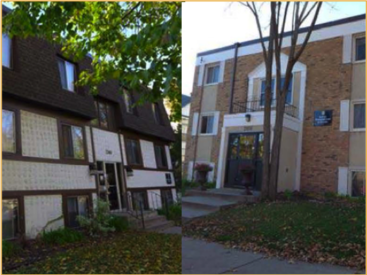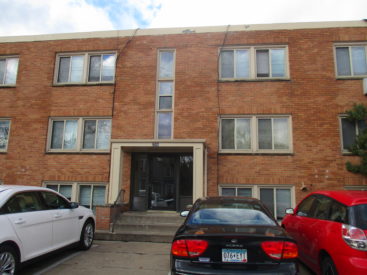
Tracy Dennis is responsible for overseeing and directing Arbor’s legal and closing process pertaining to the firm’s Fannie Mae, Freddie Mac, and FHA platforms, as well as the Arbor Private Label program. She is also an advisor to the Servicing and Asset Management team in addressing post-closing issues, delinquencies and workouts relative to these executions, and she is a member of the Fannie Mae DUS® Operations Subcommittee.
Most recently, Ms. Dennis was Managing Director, Head of Transaction Management & Counsel for Hunt Real Estate Capital, where she led the closing and transaction management departments in reference to Fannie Mae, Freddie Mac, HUD and balance sheet executions.
Prior to that, Ms. Dennis was Senior Underwriting Counsel for First American Title Insurance Company and before that, served as Director, Fixed Income – Commercial Real Estate, for Credit Suisse Securities (USA).
Ms. Dennis received a Bachelor of Arts from the University of Michigan and a Juris Doctor from New York Law School.







